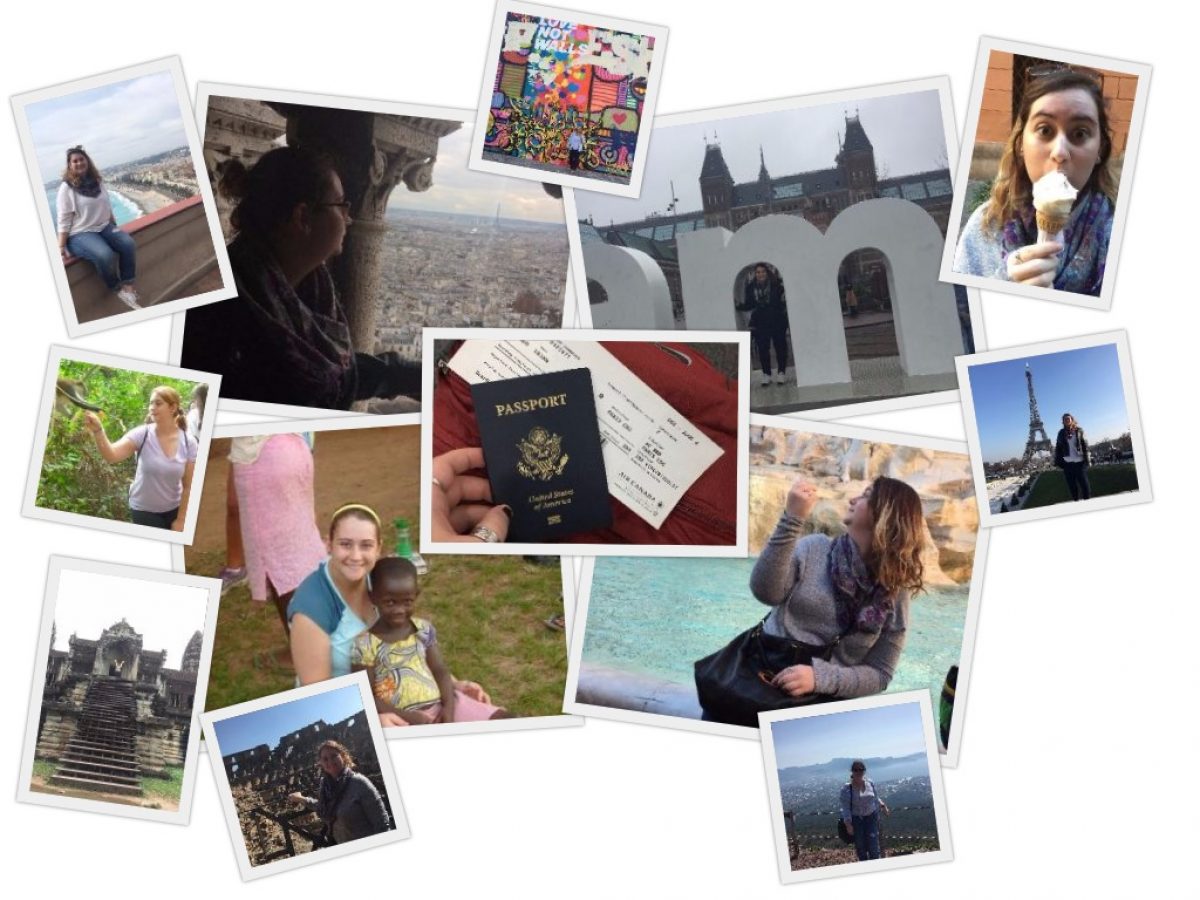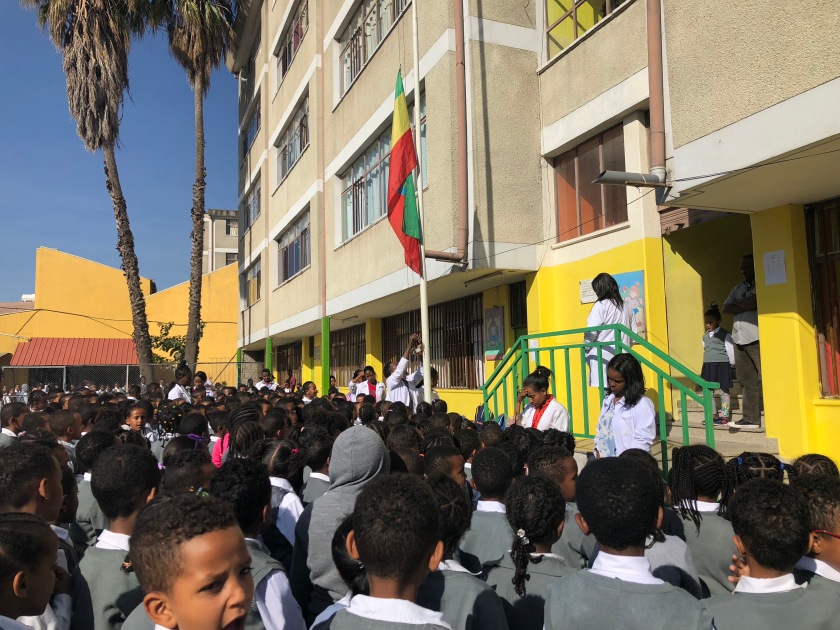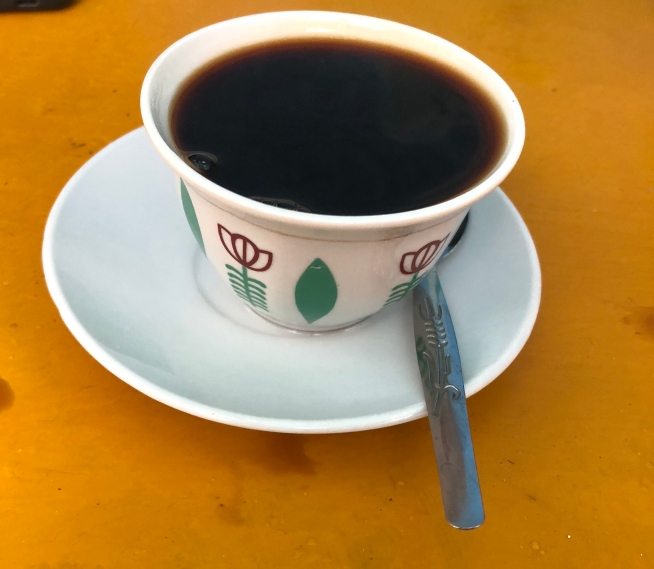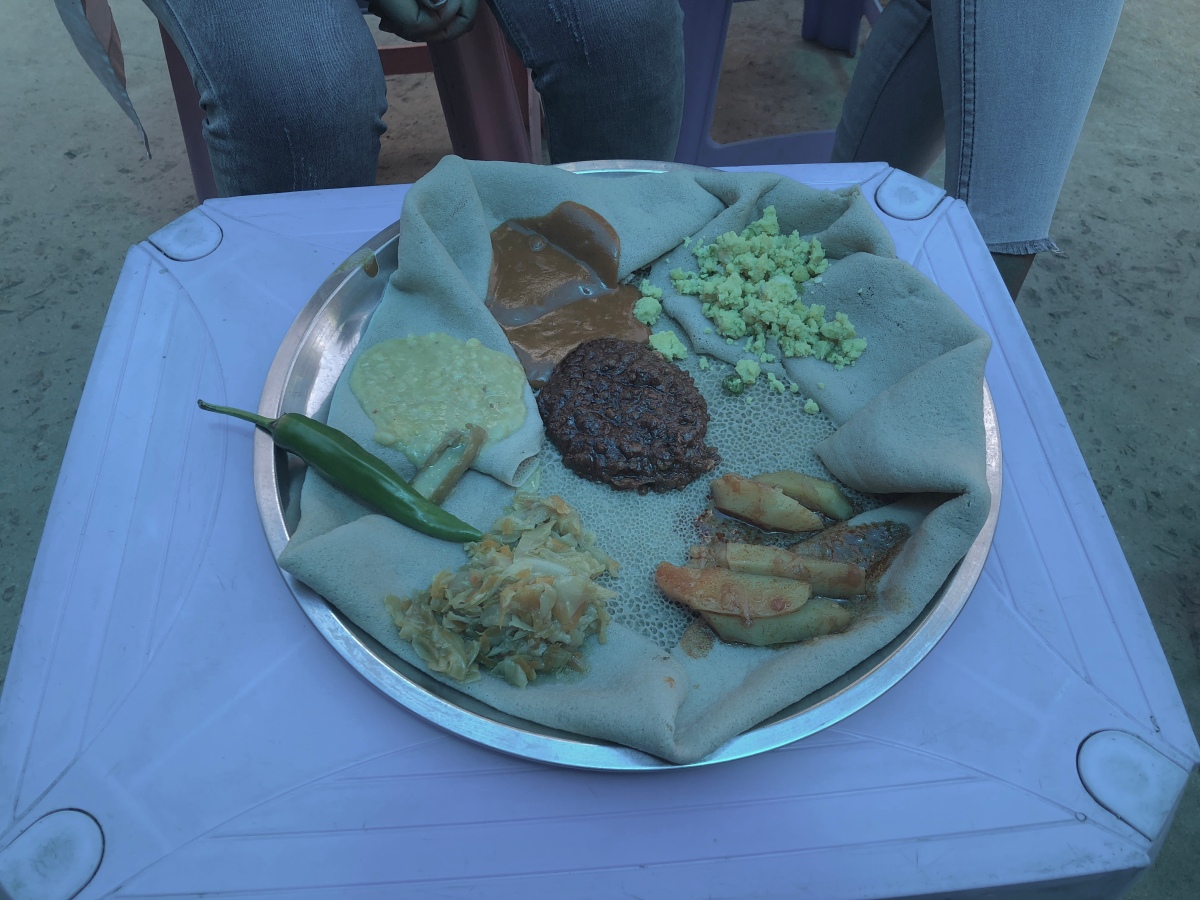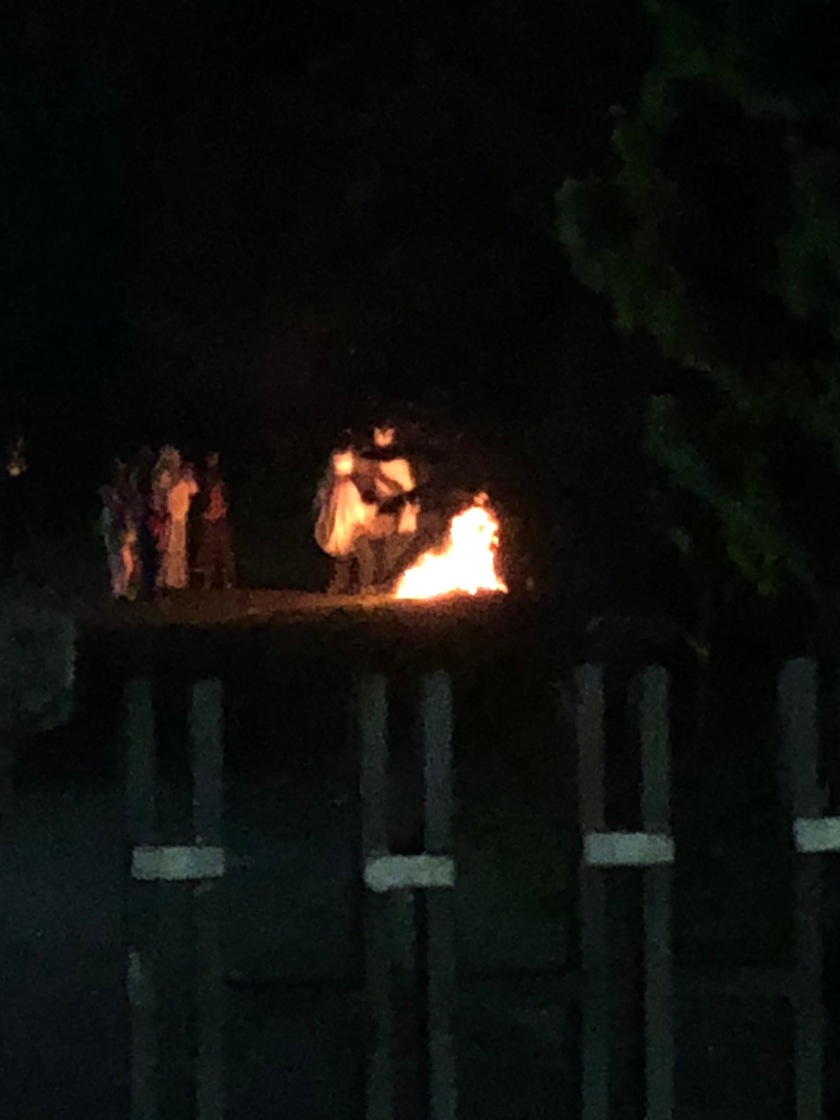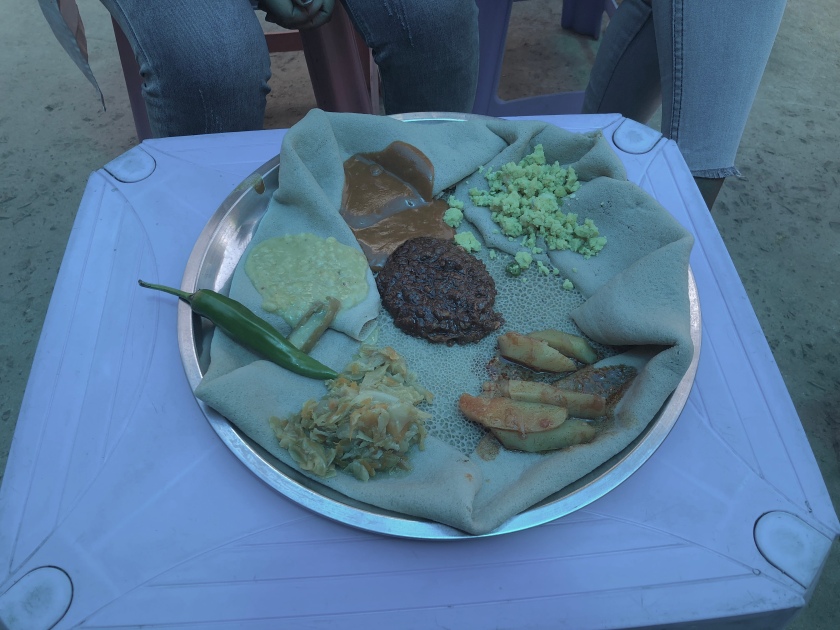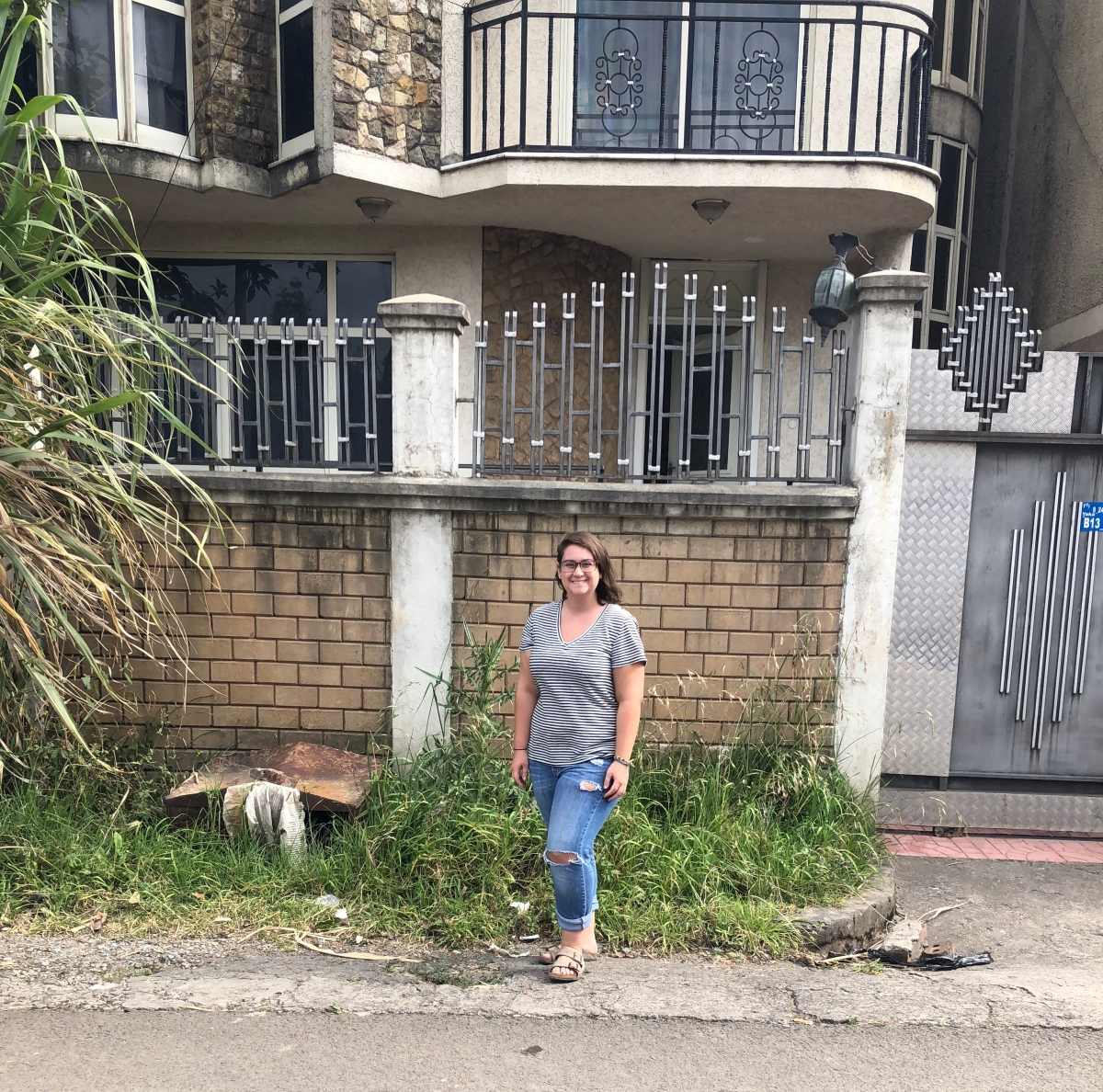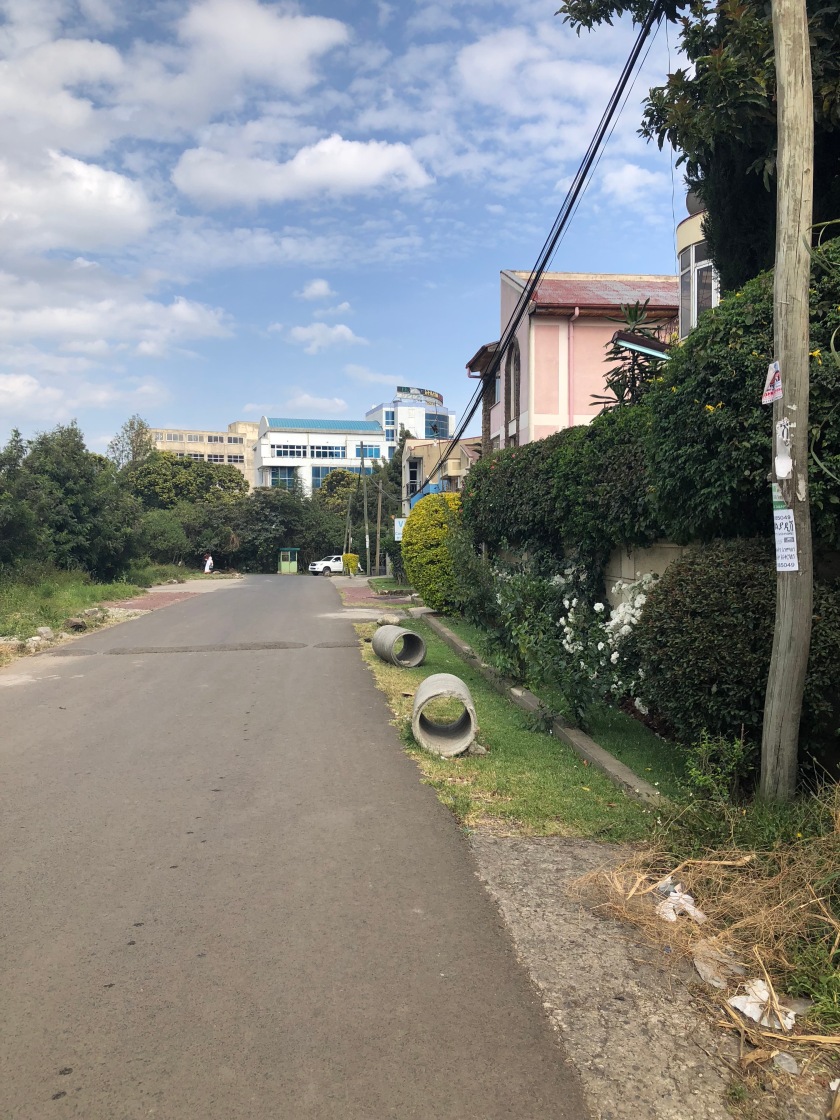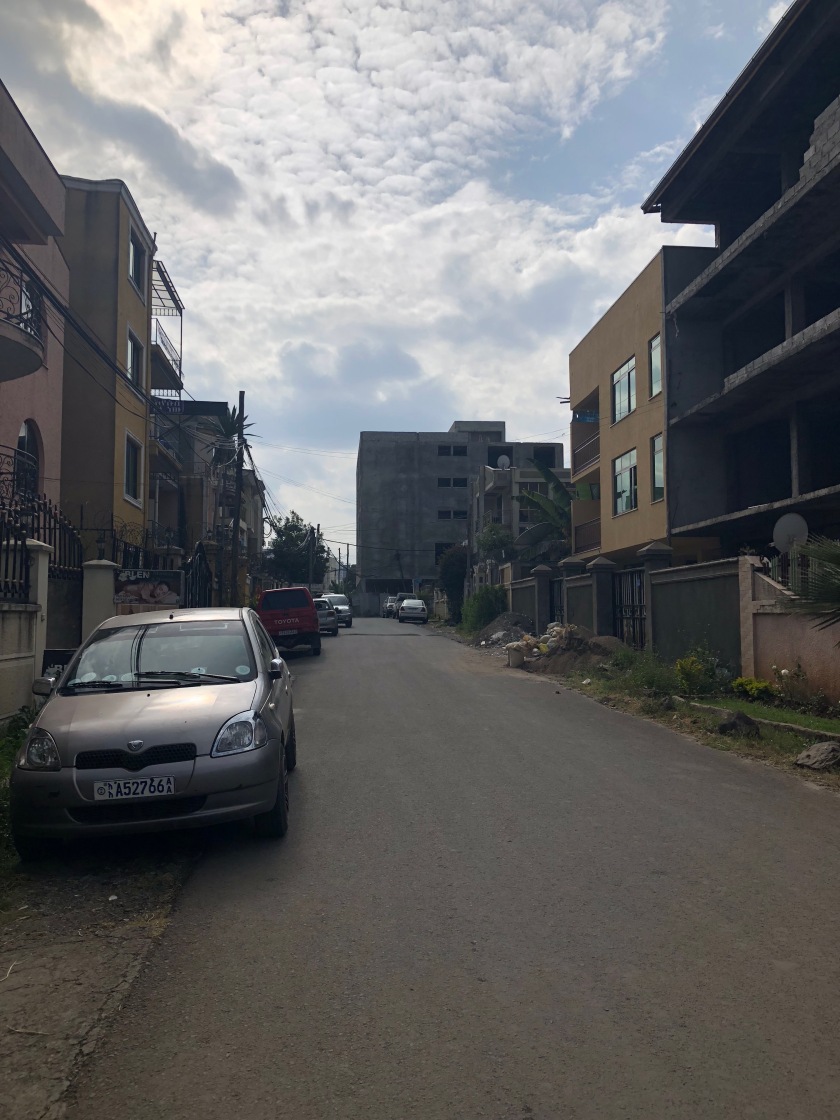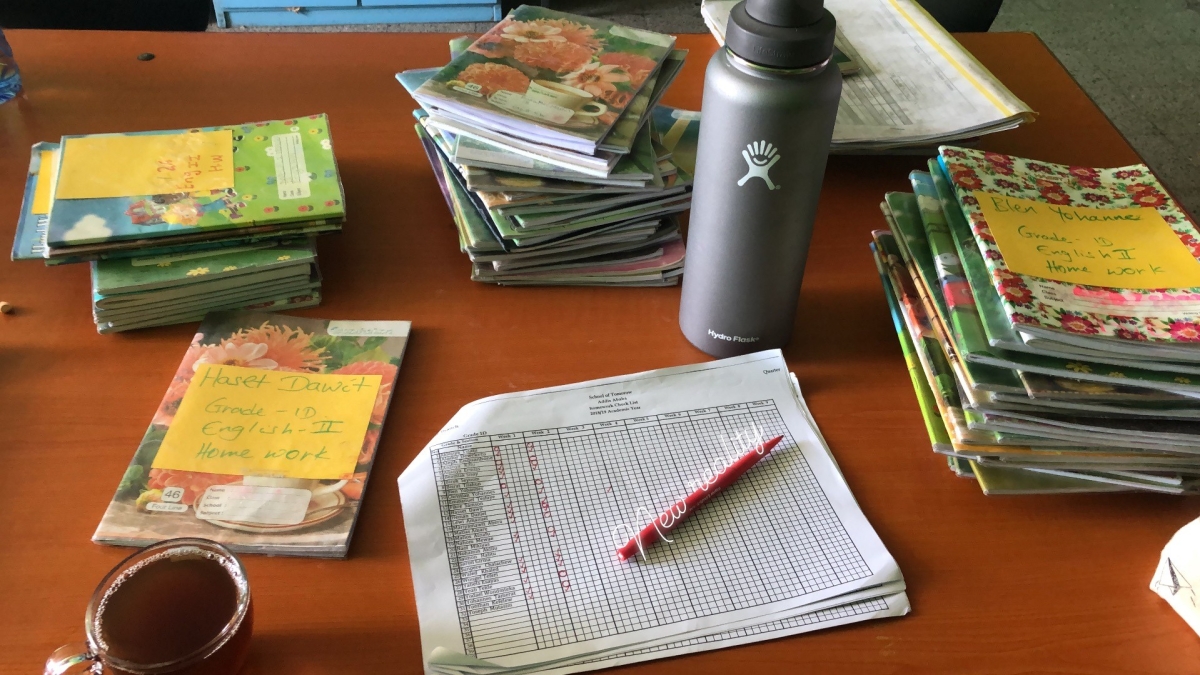Dear Friends and Family,
As the holidays approach, being away from friends and family become increasingly more difficult. For those of you who have ever been abroad for ANY holiday, you’ll know exactly what I mean.
Holidays bring people together. Maybe old friends from high school we haven’t seen in a few months, or friends from college who have moved to other states to peruse their careers. Or in my case, the crazy friend who decided to uproot her life after university and move to Ethiopia.
No matter where life takes us, holidays always seem to be the time of year that bring everyone together as we ring in the New Year. However, this year is the first time I will not be able to part take in all the celebrations back in America with the traditions my friends and family have created over the years. Thanksgiving was the first hurdle of many emotional nights as the Christmas season begins and the New Year rolls around.
But let’s back up to my Thanksgiving in Addis, shall we? Now I have been away from the people I love for a long period of time before back in 2016, when I lived in Paris to study abroad. Due to that, I knew the emotions would hit me like a ton of bricks and there would the eventual ugly tears. But that was Easter (My family’s faith tradition is mostly Christian with some Jewish holidays thrown in there), where the day is just mainly one or two days off from school or university with not too much fuss. Easter is also a huge holiday in Paris, so I still felt some sense of the holiday spirit to get me through the time.
Obviously, Ethiopia does not celebrate Thanksgiving, so my day was normal with work. It felt like any other day here because the weather doesn’t change from the usual 75 and sunny, not the marking of the festive and winter season Thanksgiving marks in America. My friends here realized that it was Thanksgiving though and they were overly cautious about my emotions throughout the work day. They kept asking me if I was ok or if I missed my family, but since I am 8 hours ahead of the East coast, all my family and friends were still asleep, so the emotions hadn’t hit me yet.
One friend in particular was amazing and decided to take me out to dinner and shared an apple turnover with me after work as part of my mini celebration. Just being around my new family here helped to fill the loneliness of home I felt. But after our little mini celebration, the calls started from America beckoning the tears of sadness. Video chatting with friends who I haven’t seen in the three months since I’ve moved here and talking to my little cousins who are still confused about when I’m coming back home. All of this pulled at my heart and I let the emotions flow as they needed. But as the calls ended and my tears ceased, I thought back to the adventures I’ve had here, and the amazing new family I have built so quickly, and the unwavering support of my loved ones back home who want to hear my stories and read my blogs (every time I get enough internet to publish them). I couldn’t help but feel grateful, like we all do on Thanksgiving.
I know the same feeling will come back with vengeance as December 25th rolls around, especially because it will be first snowless Christmas and the fact that it is just another work day (Ethiopian Christmas is on January 7th). I will not have presents to open or a Christmas tree up or get drunk off of vegan eggnog or mimosas with friends, or eat the amazing food my grandmothers prepare, or buy gifts for friends.
But when I think about the adventures I’ve had so far and the friends I’ve made who have become family, I know I will be surrounded by loved ones. The holidays aren’t about the food, the presents, or even snow. It’s about reflecting on the past year and being thankful for our lives each and every day.
2018 has been filled with love and accomplishments: moving into a new apartment, graduating with two degrees and high honors, sharing memories with friends and family, adding Canada to my list of countries been to, moving to Ethiopia, and meeting new friends who are now added to my extended family thousands of miles away from my family in the States.
In other words, although I will be missing everything and everyone back home, I know I have their support and love. Their support and love are one of the many reasons that I’ve been able to live my best life in Addis and experiencing life the way it is supposed to. So, while many travelers might be missing home or become depressed around this season, this time of year is to remind us that we are filled with love and gratitude for all the people in our lives. I know I have that love and gratitude for the people in my life and I know my spirit is with each one of them.
Without moving to Addis, I wouldn’t be able to grow as fast into the woman I feel as though I am going to be. In the end, all the sacrifices and heartache are what is needed in order to push boundaries and see what my life has the potential to be.
So my amazing family and friends back in the States, thank you for the love and support during this holiday season. I hope you know how much I miss you all, but I hope you are comforted by the fact that I am still surrounded by new loved ones in Addis. I will be thinking of you all this time of year and know my heart is with each of you.
Happy Holidays!
So much love,
Cynthia
